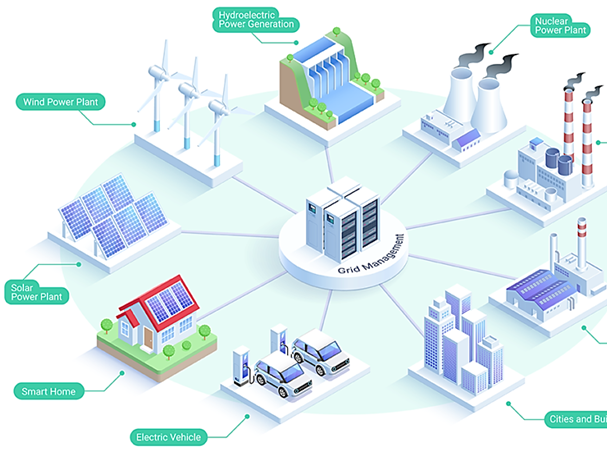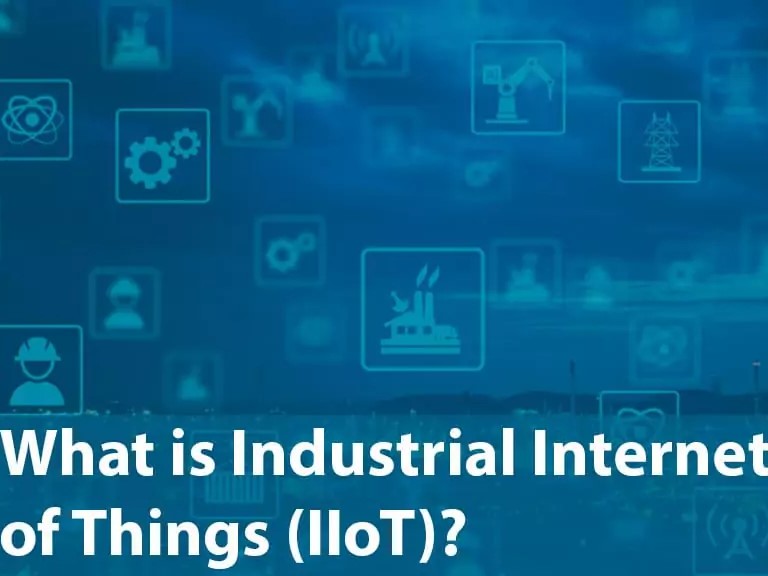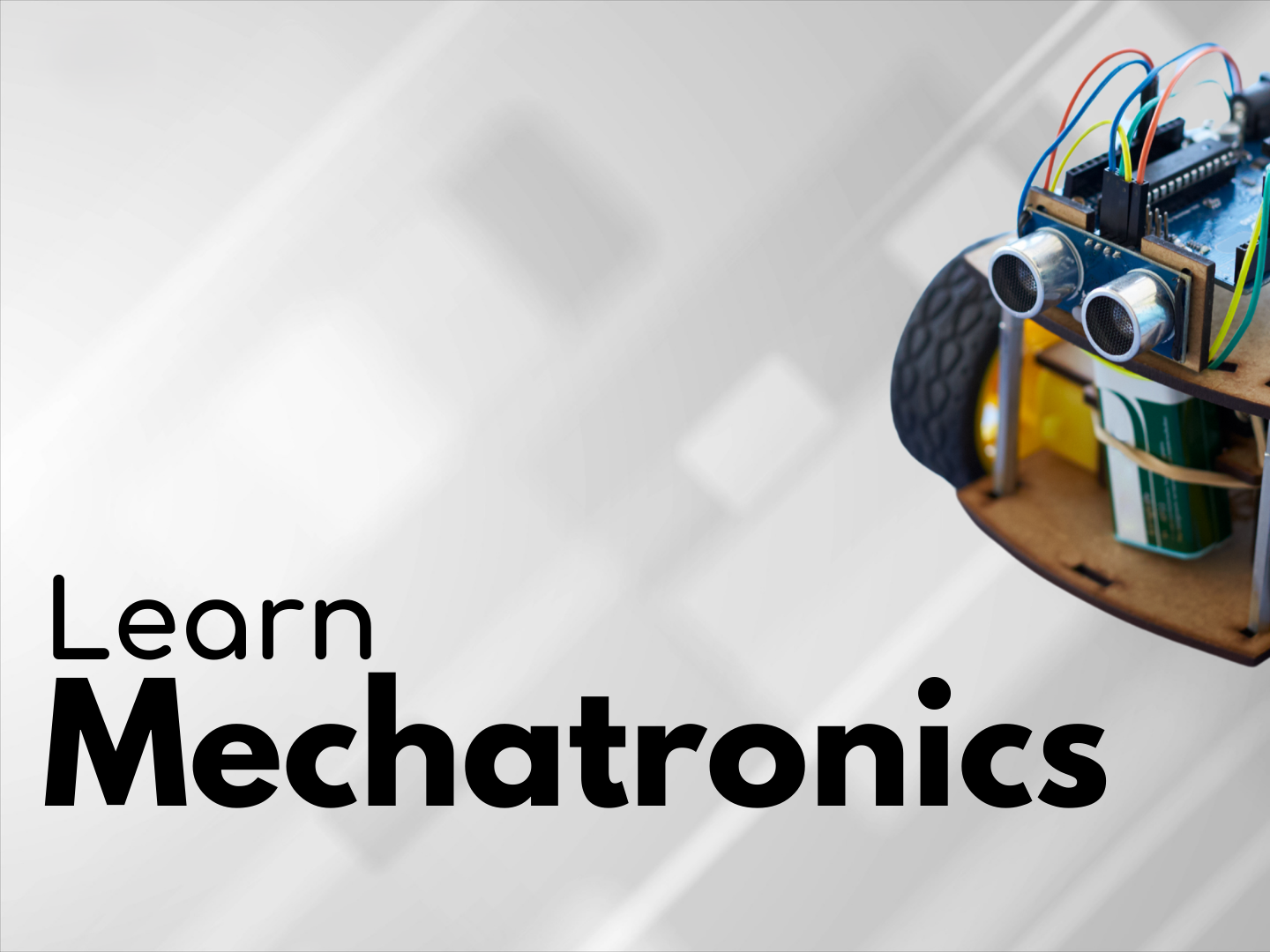Description
Smart Grids and Energy Infrastructure provides a comprehensive introduction to the modernization of electrical power systems. This course explores the integration of digital communication, automation, and data analytics into existing energy infrastructure to create “smart” grids. You’ll begin with an overview of conventional grid architecture and its limitations, followed by a deep dive into smart grid components such as advanced metering infrastructure (AMI), distributed energy resources (DERs), grid-edge technologies, and automated control systems. You’ll explore how real-time data, Internet of Things (IoT) devices, and artificial intelligence help utilities respond to dynamic electricity demand, reduce outages, and enable renewable energy integration. Key topics include demand response, grid resilience, cyber-physical security, power electronics, and storage systems. Through case studies of smart grid deployments in countries like Germany, the U.S., and India, you’ll analyze both the technical and policy challenges involved. By the end, you’ll understand how smart grids are driving the transition to cleaner, decentralized, and more reliable energy systems—and be prepared to contribute to this transformation as an engineer, policymaker, or energy consultant.







Omolola –
A must-take for professionals in the energy sector. The course covered everything from smart meters to grid decentralization. It was practical, relevant, and immediately applicable to my consulting projects.
Israel –
Very insightful and well-structured. The section on grid modernization and digital metering helped me understand current trends in the industry. I appreciated the clear explanations and up-to-date case studies.
Tijjani –
This course gave me a solid foundation in how smart grids work, especially the integration of renewable energy. It connected theory with real-world infrastructure challenges—perfect for students like me preparing for a career in energy systems.
Taye –
Excellent course with a balanced mix of policy, technology, and implementation strategies. The modules on smart grid communication protocols and demand response were especially useful.
Ebenezer –
This course helped me connect the dots between sustainable energy goals and the infrastructure needed to support them. Great content for anyone looking into energy policy or planning smart cities.